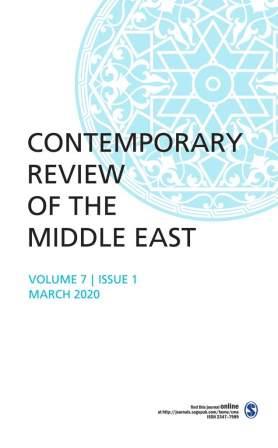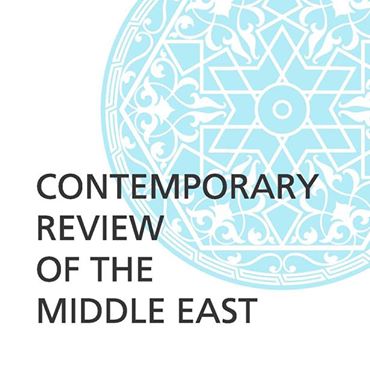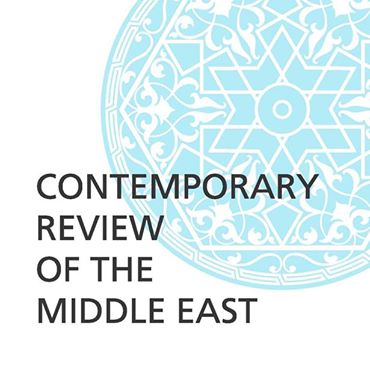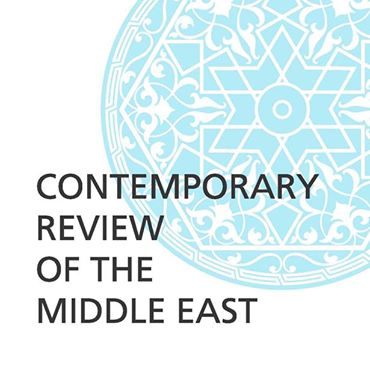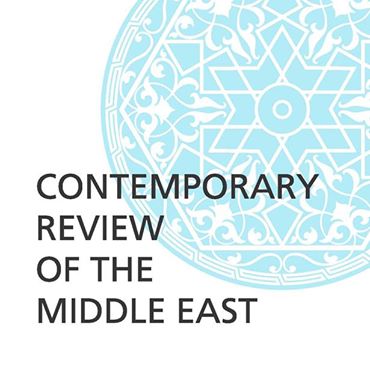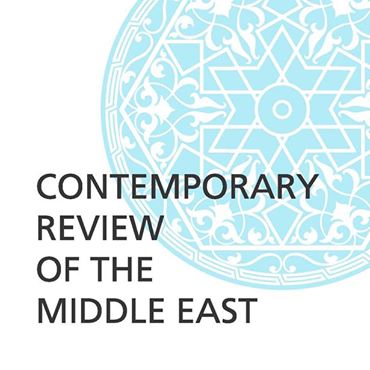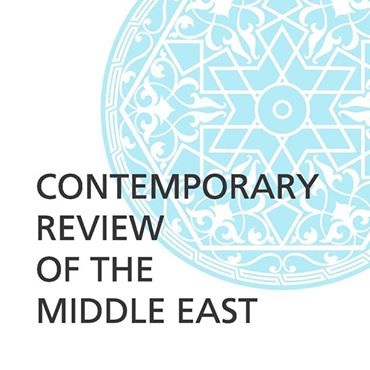Breaking
- MENU
Lorem Ipsum is simply dummy text of the printing and typesetting industry.
http://journals.sagepub.com/toc/cmea/4/2
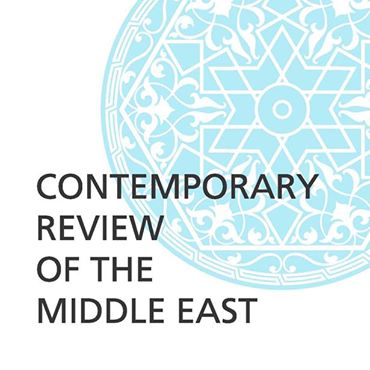
1) Dateline MEI By P.R. Kumaraswamy; pp. 125-126 Read More
2) Educational Obstacles Faced by Palestinian Refugees in Lebanon by Mariam Salim Hammoud; pp. 127–148
Abstract: The process of becoming a refugee is certainly complex and intertwined with uncertainty and injustice. Not only one is starved of the right to freedom and liberty but is also left psychologically and physically stagnant and disoriented. The brutish negligence regarding their emancipation has become increasingly heightened. With this, one is left questioning the role such negligence plays in the attempt to fulfill “their right to return.” The aim of this article is to first examine the nature of the obstacles that Palestinian refugees in Lebanon experience. What role do external forces such as the Lebanese government and United Nations Relief and Works Agency (UNRWA) play in the deterioration of the educational pursuits partaken by Palestinian refugees? To what extent do they discriminate and deprive them of emancipation from an educational perspective? Second, it aims to examine the consequences of the external forces that administer such policies and how these diffuse adversely into the foundations of such isolated societies. It focuses primarily on the vulnerability and psychological shortcoming of such an experience. Education is a fundamental force in any society, and this article is a multifaceted exploration into the educational obstacles, both externally and internally, that are prevalent among Palestinian refugees in Lebanon. Read More
3) Turkey’s “Zero Problems with the Neighbors” Policy: Was It Realistic? By Ali Askerov; pp. 149–167
Abstract: With the advancement of power in 2002, the Justice and Development Party (AKP) has introduced revolutionary policies in Turkey in various realms, including foreign affairs. The new trend in the foreign policy focused on not having problems with neighbors. This could be possible or nearly possible theoretically but eliminating century-long and deep-rooted conflicts with some of the neighbors would not be easy in practice. The new idealistic/moralistic approach necessitated new ways of policy formulation based on mutual gains and unthinkable concessions on the part of Turkey. Ankara’s new approach had given a special importance to building bridges of trust with the neighbors, which also seemed attractive to the political leaders of the neighboring states. This idealistic/moralistic approach was vulnerable to the dynamic political and economic developments in the region and the world in general. The policy did not have a power of sustainability due to the various old, new, and emerging problems around Turkey and hence, the government had to give it up gradually and take a new course of foreign policy based on realistic approaches to defend its national interests. Read More
4) Israel–South Korea Relations: The Military Dimension By Alvite Singh Ningthoujam; pp. 168–192
Abstract: As Southeast Asia gains prominence in global geostrategic and geoeconomic environment, Israel’s overture to South Korea is not an exception. Despite prolonged frosty relations between Israel and South Korea between the 1970s and late 1980s, both have managed to strengthen military–security relationship after reopening their embassies in the early 1990s. Currently, their defense cooperation revolves around arms trade but is expanding toward joint ventures, coproduction, and upgrading programs. Arms export is an important component in promoting Israeli foreign policy goals. At the same time, South Korea requires constant defense upgrade as it faces a hostile neighborhood. Within this context, the article argues that military and defense relations are the driving forces in flourishing Israel–South Korea relations. Read More
5) National Assembly Elections in Kuwait, 2016 By Hirak Jyoti Das; pp. 193–210
Abstract: Among the Gulf Cooperation Council (GCC) countries, Kuwait not only has the oldest constitution but also has a vibrant parliament. Kuwait has sent elected representatives to the National Assembly since 1963 that shares the legislative responsibilities with the Amir. In the last decade Kuwait National Assembly has confronted the government on various issues, especially on corruption charges and incompetence of individual ministers. It has led to frequent disruptions and dissolution of the assembly five times since 2003. The 2016 elections has returned a large number of deputies with inclination to traditional opposition and though it bodes well for democratization in the oil-rich Gulf state, it raises questions about going back to the era of disruptions and dissolutions seen during 2008–2012. Read More
6) United Nations Watch: UNESCO Resolutions Concerning Jewish Historic Linkage to Jerusalem; pp. 211–223 Read More
7) Book Review: Uri Bar-Joseph (2016). The Angel: The Egyptian Spy Who Saved Israel By Prem Anand Mishra; pp. 224–226 Read More
8) Book Review: Sujata Ashwarya (2016). India–Iran Relations: Progress, Problems and Prospects By Surajit Mahalunobis; pp. 226–229 Read More
9) Book Review: Milani Commett, Ishac Diwan, Alan Richards, and John Waterbury (2015). A Political Economy of the Middle East By Mohammad Hassani; pp. 229–230 Read More
10) Book Review: Mujib Alam (ed.) (2016). Perspectives on Turkey’s Multi-regional Role in the 21st Century By Prem Anand Mishra; pp. 230–232 Read More
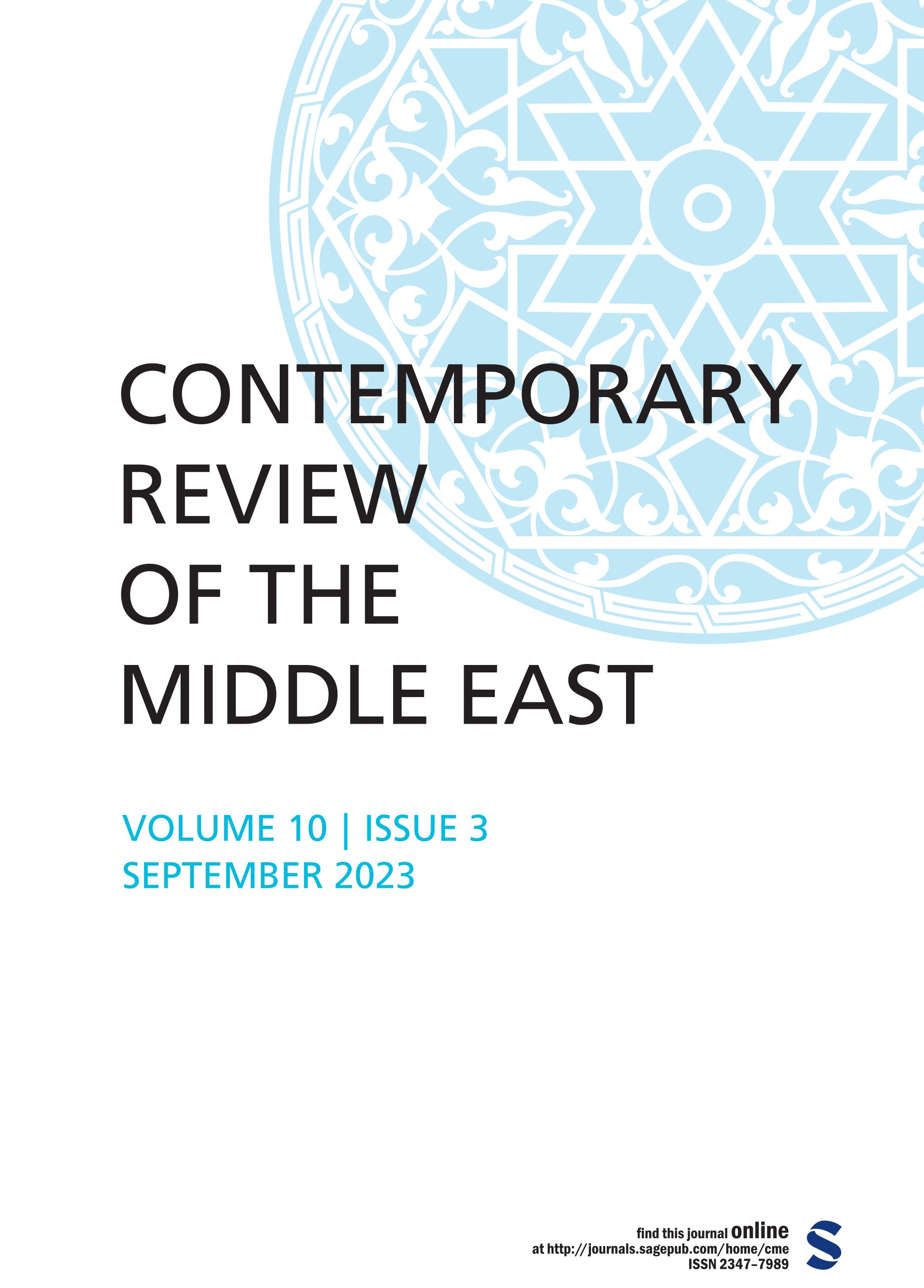
Invented Tradition as a Theoretical Approach Within Iranian Memory Studies: A Review Mohammad
Read More »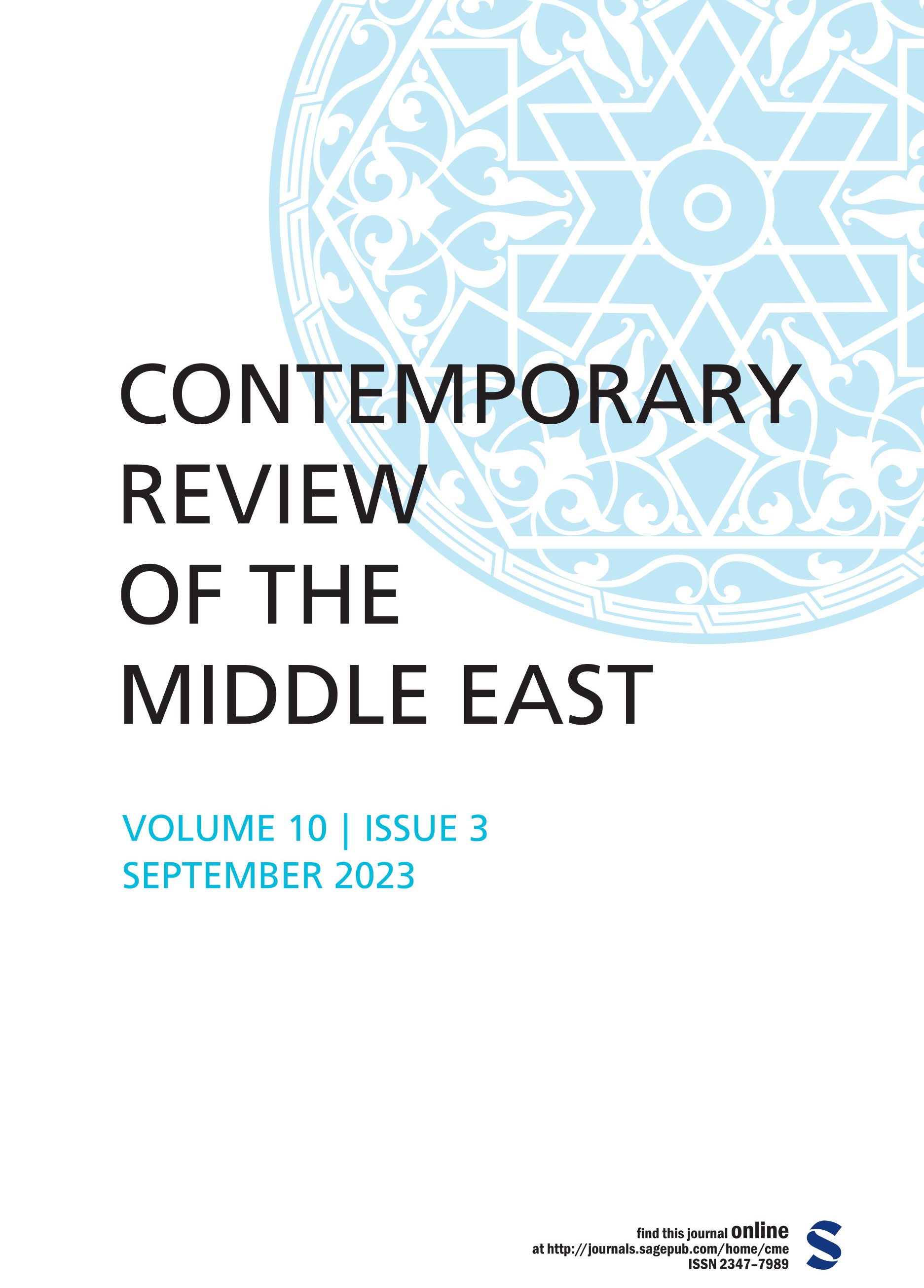
Neo-Ottoman Turk-Scape: Analyzing the Role of Dizis as Türkiye’s Soft Power Mohammad Reyaz and
Read More »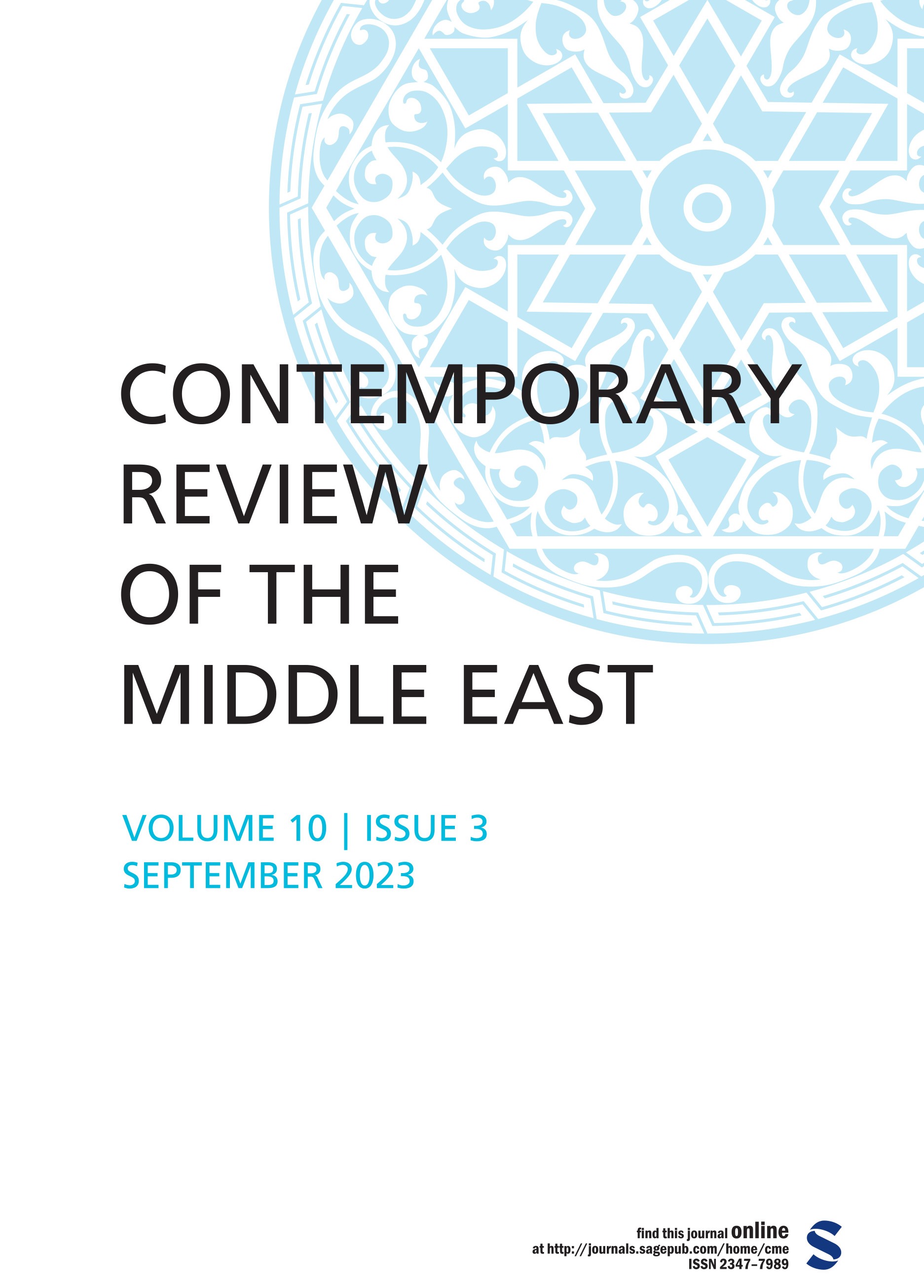
The Relations of Vietnam with the Middle East-North Africa Region: From a Divided State to an Important&
Read More »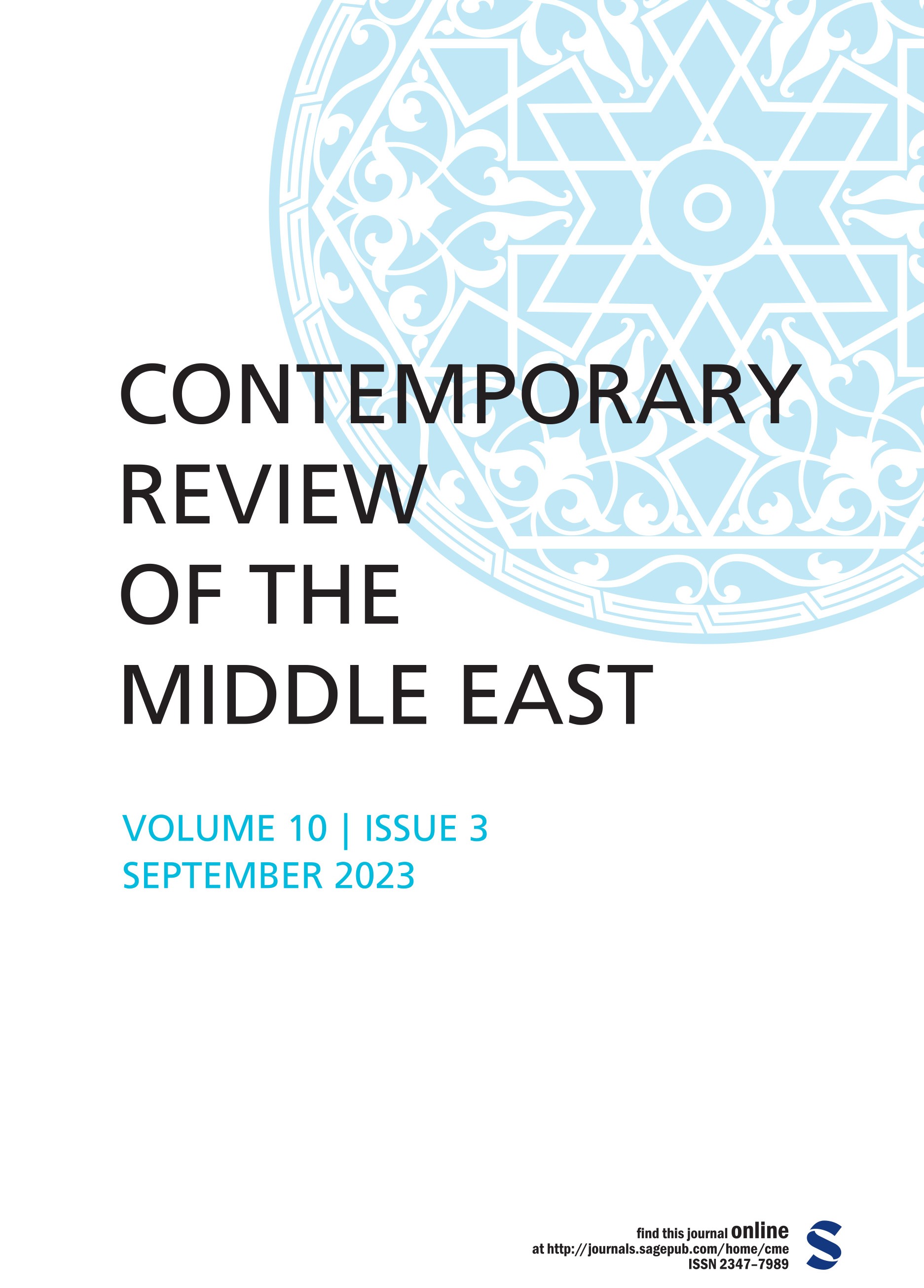
An Analysis of Yemen’s Geostrategic Significance and Saudi-Iranian Competition for Regional Hegemo
Read More »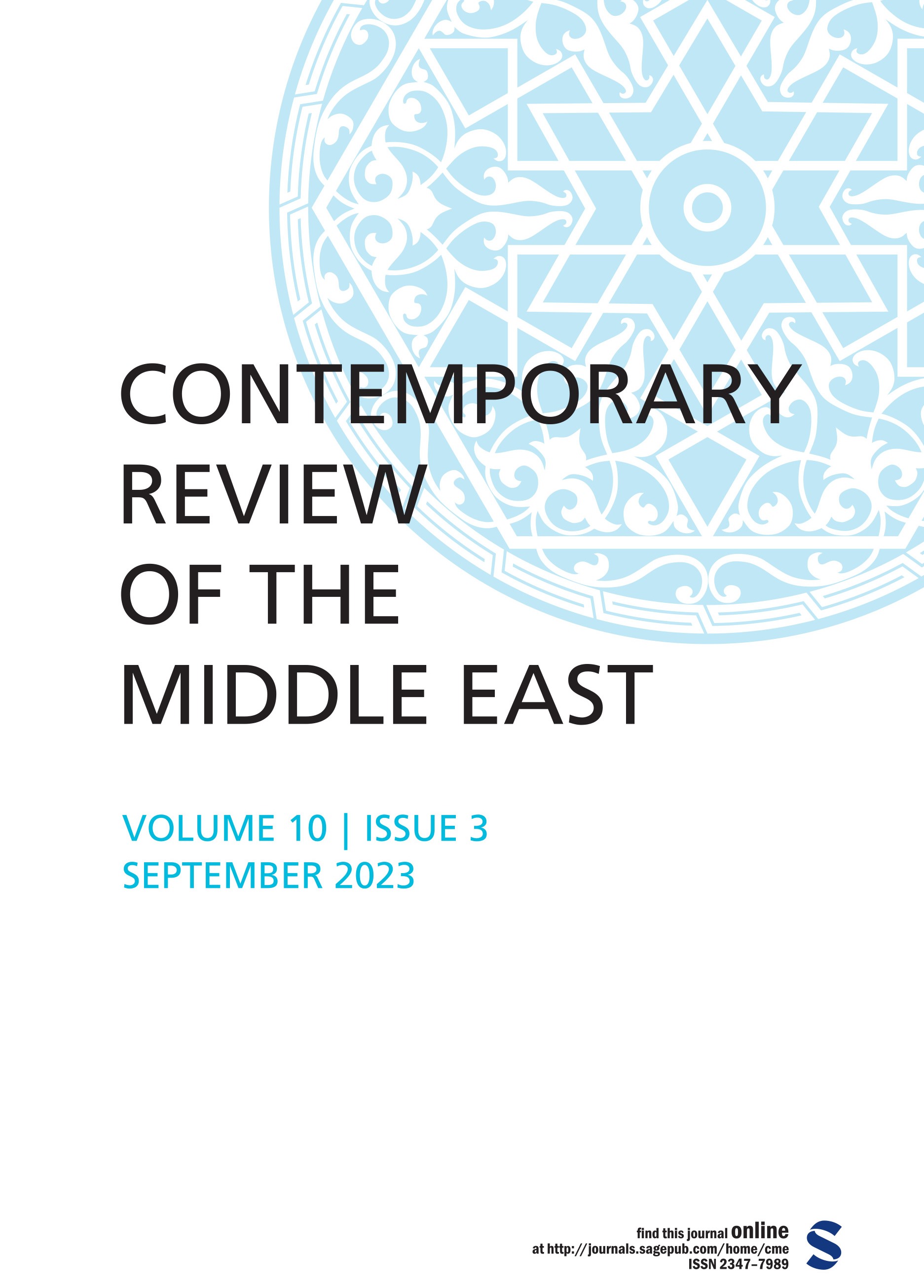
The National Reconciliation Process in Algeria During the Bouteflika’s Era: The Official Narrative Fa
Read More »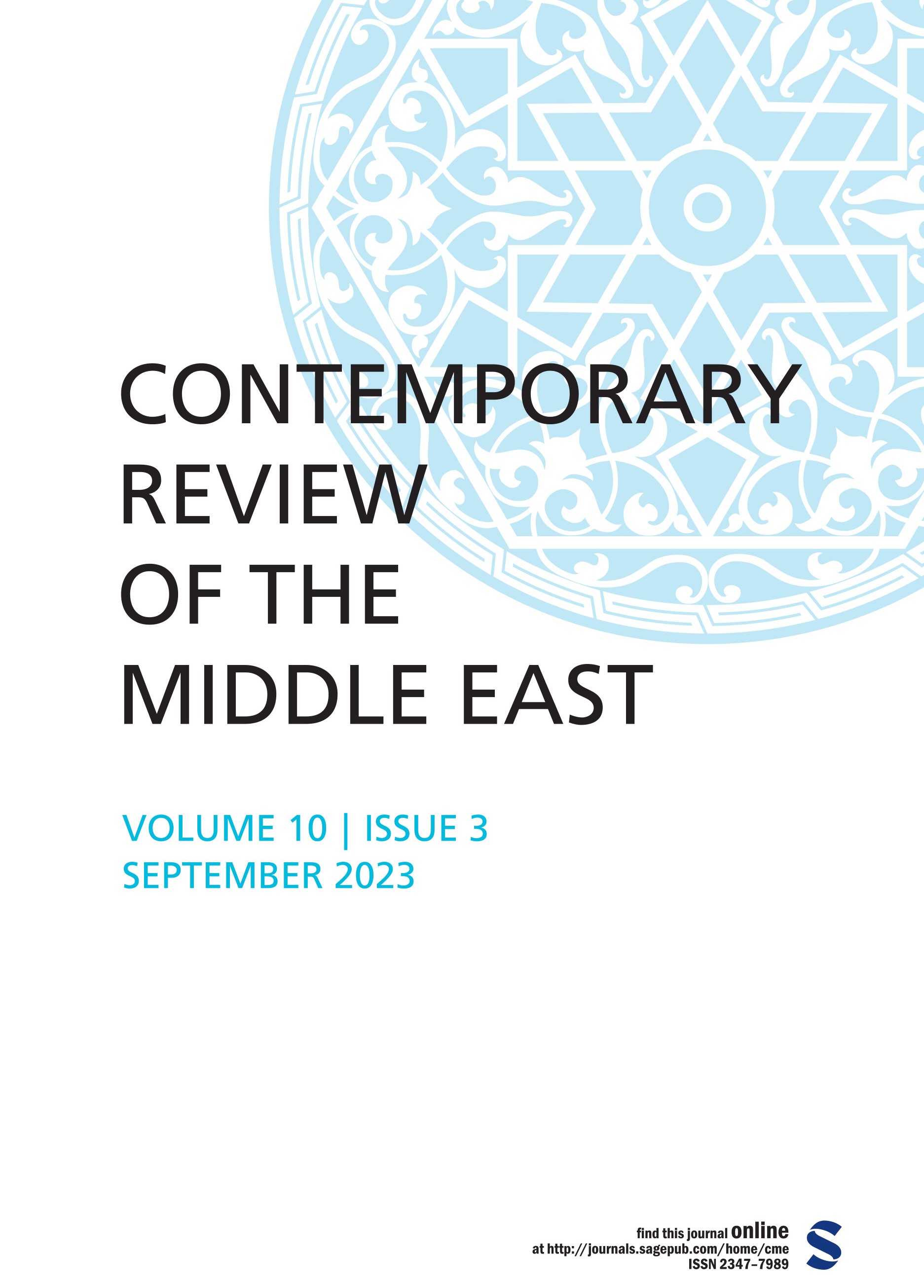
Dateline MEI When Netanyahu Rocks the Israel Boat, Nero Style P. R. Kumaraswamy For the text see: We
Read More ».jpg)
.jpg)
